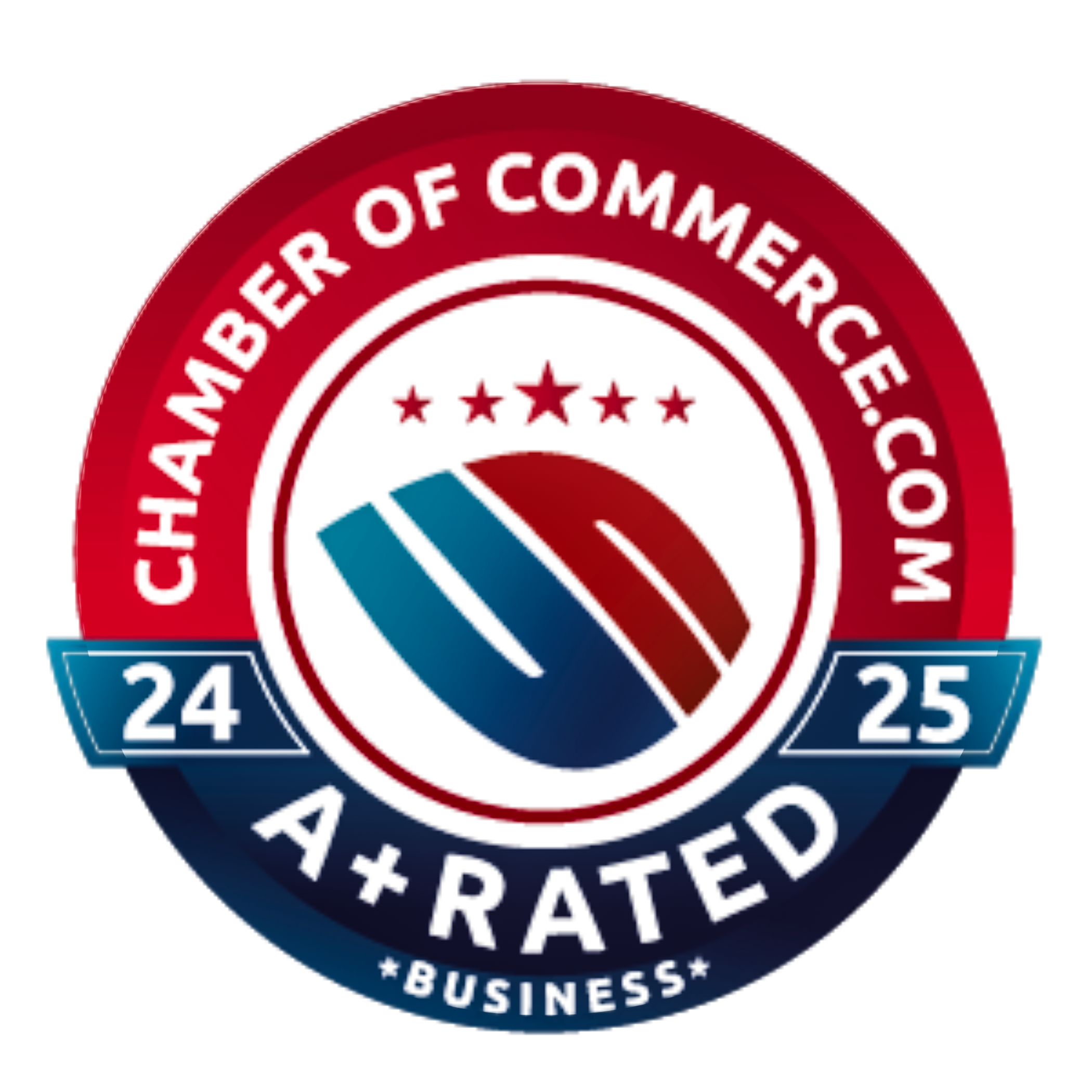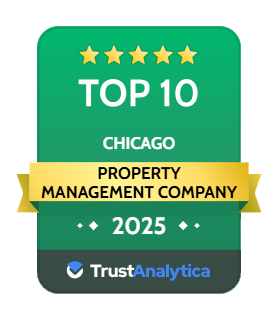Scaling a rental property business isn’t about luck; it’s about systems. Successful property managers and property owners know that growth depends on consistency, efficiency, and smart delegation. Whether you manage single family rentals or a growing multifamily portfolio, having clear operating procedures can completely transform your day-to-day operations.
Most landlords start out managing one or two rental properties on their own. You collect rent, handle maintenance requests, do your own leasing, and juggle tenant screening, often all in the same day. That works fine at first. But if you want to grow beyond a few doors, whether that means 10, 50, or even 500 units, you need more than hustle. You need systems.
Why Systems Matter in Property Management
Scaling your rental property business starts with structure. The best property management companies use systems to stay organized, maintain compliance, and provide consistent service. Systems let you manage rent collection, maintenance, tenant communication, and reporting more effectively so nothing slips through the cracks.
Step 1: Identify Every Property Management Task
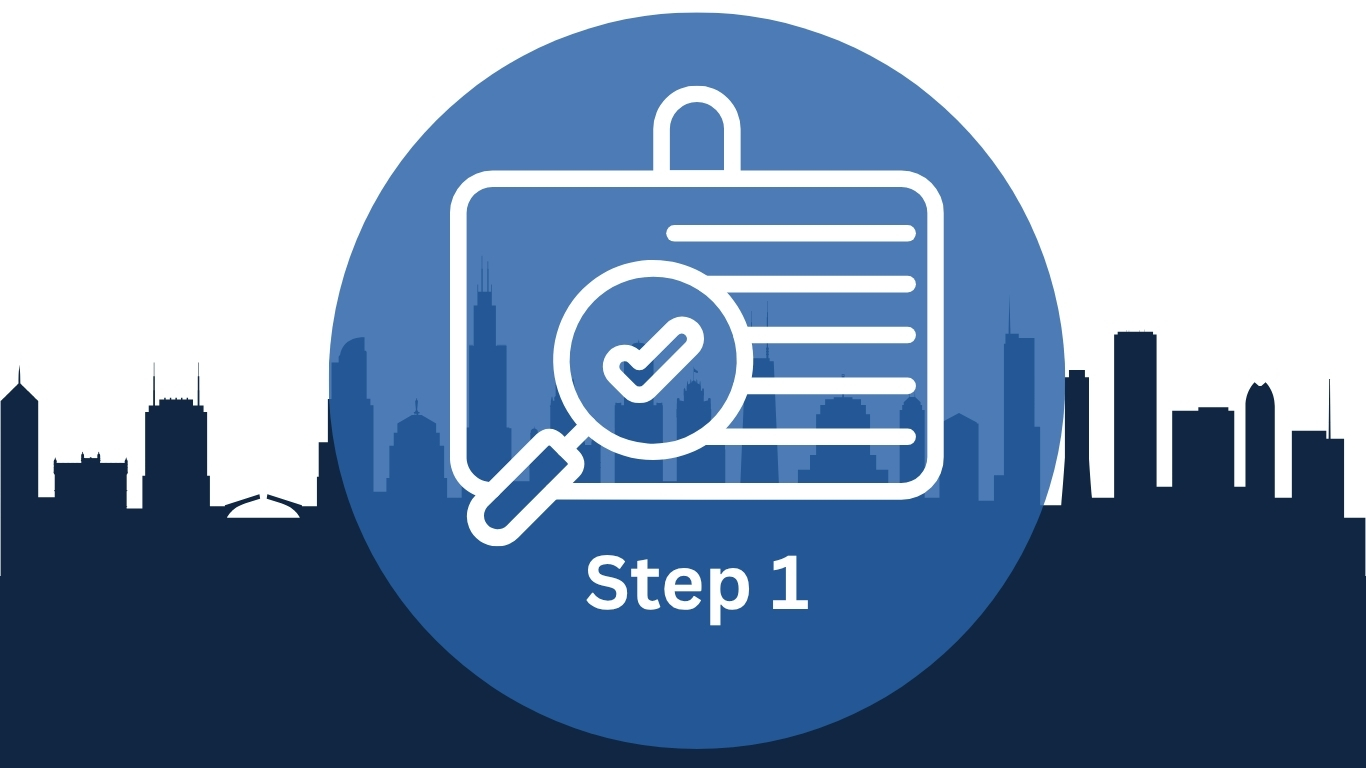
Start by taking inventory of every task you handle as a landlord or property manager.
Think about your week. You’re probably doing things like:
Rent collection and accounting
Scheduling maintenance and handling repairs
Screening tenants and processing applications
Creating lease agreements and renewals
Coordinating move-ins and move-outs
Write each process down. Every single one. This is the foundation of building something scalable and efficient within your property management operations.
Watch: Landmark Property Management Founder on Scaling Your Rental Business
In this short video, Jason Marcordes, Founder and Managing Broker of Landmark Property Management, explains how building clear systems and SOPs can help landlords grow their rental portfolios faster and more efficiently.
👉 Watch the full video below:
Jason shares real insights from his own experience managing hundreds of rental properties across Chicagoland, including:
Why most landlords struggle to grow past a few units
How to identify repeatable processes in your business
The role of SOPs in scaling from “self-managing” to sustainable success
After you watch, continue reading below to learn how to apply these steps to your own property management operations.
Step 2: Build Standard Operating Procedures (SOPs).jpg)
Once you’ve identified your tasks, it’s time to build SOPs (Standard Operating Procedures) around each one.
An SOP is a step-by-step guide that outlines how you complete specific property management processes. For example:
How you process a rental application
How you respond to a maintenance request
How you collect rent payments each month
How you handle security deposits
SOPs help property managers streamline operations, maintain compliance, and improve efficiency. Every task, from tenant screening to accounting, should follow the same checklist each time. Documenting these steps ensures consistency and allows you to scale your property management team confidently.
Step 3: Delegate with Confidence
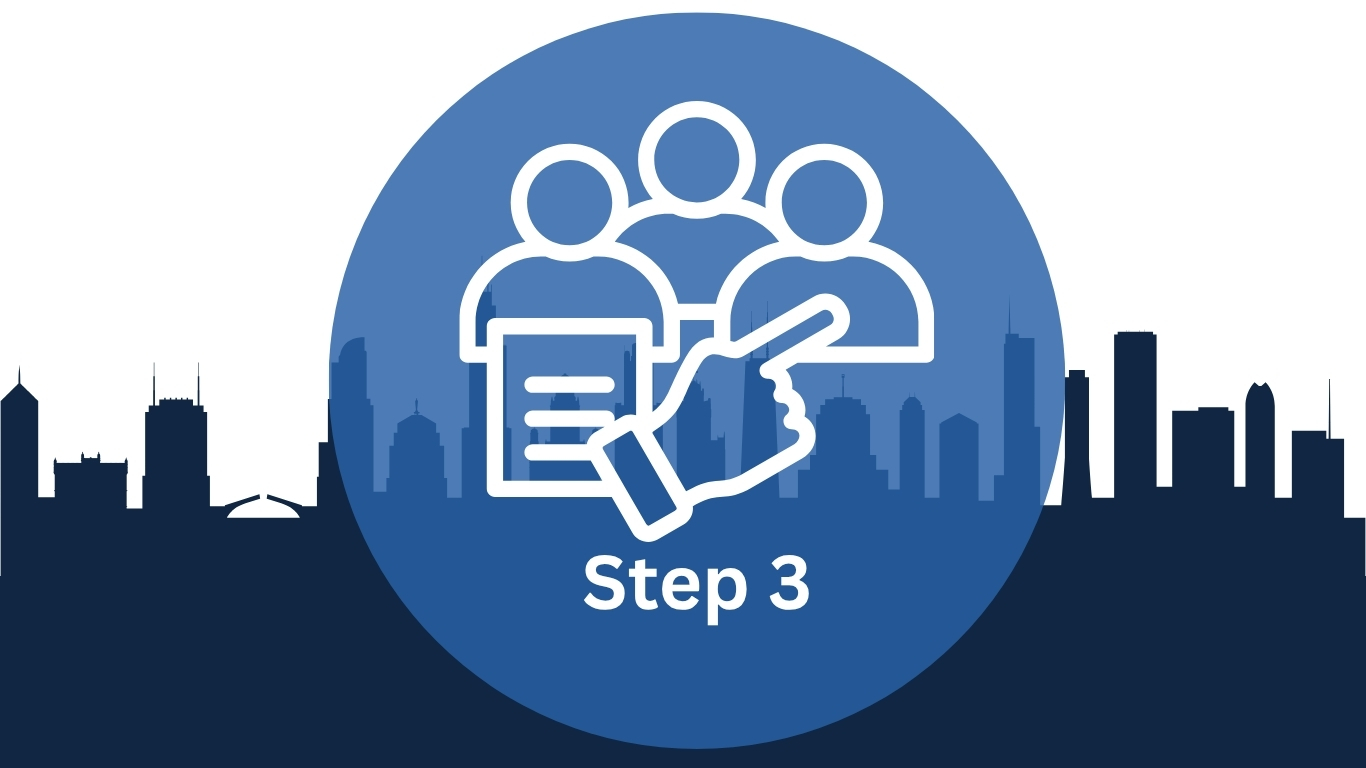
Here’s where most landlords hit a wall. They stay stuck doing everything themselves because no one else “knows how.”
But when you have documented processes, you can finally delegate.
You can say, “Here’s how I do it every time,” and hand that process off to:
A property management team member
A contractor or virtual assistant
A vendor you trust
With SOPs in place, property managers can easily train new staff, onboard vendors, or assign tasks without losing consistency. That’s how you free up your time and start operating like a business, not just a landlord juggling responsibilities.
Step 4: Use Property Management Software to Streamline Operations
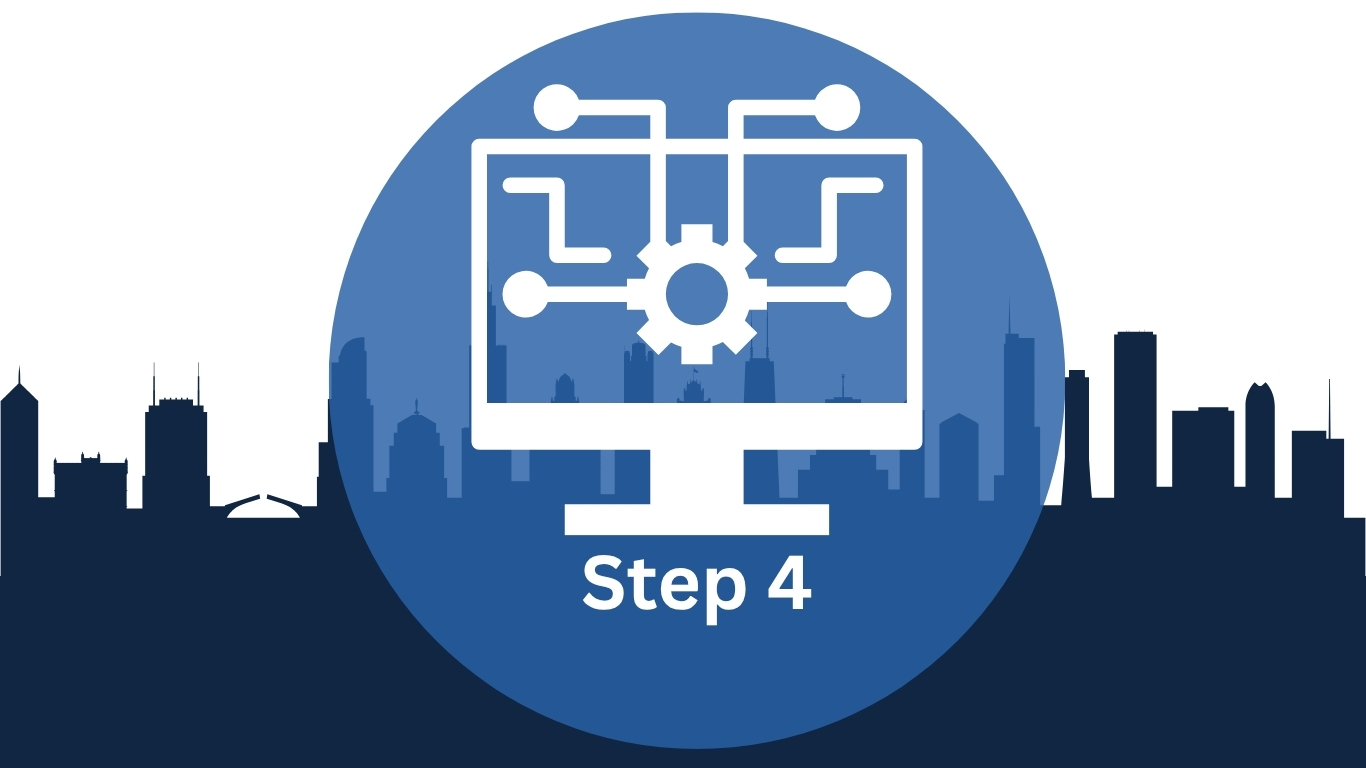
Building SOPs doesn’t have to be complicated. You can record yourself completing a task using Loom, then upload the video and have ChatGPT generate the written SOP from the transcript.
Even better, use modern property management software to document, automate, and manage your workflows. Technology creates transparency across accounting, maintenance, communication, and reporting—all in one platform.
It won’t be perfect right away, but it gives you a strong starting point you can refine over time. The key is to start documenting now, even if you’re a one-person show.
Step 5: Think Long-Term and Build Value
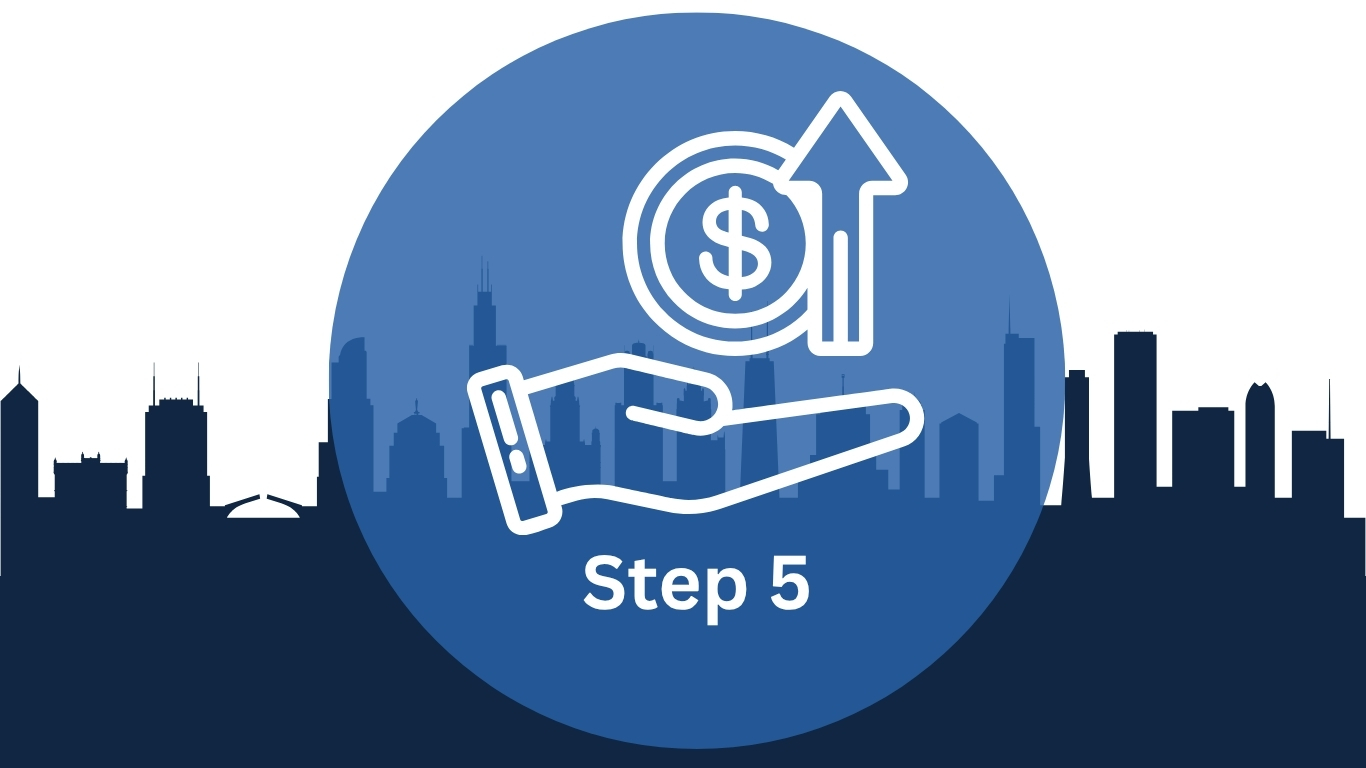
Many landlords say, “It’s just me, I don’t need to document this.” That mindset keeps you small.
If you ever plan to grow, sell your portfolio, or hire help, having your systems documented will make your business far more valuable and manageable.
Scalable systems don’t just save time; they increase the value of your investment portfolio. Property management companies that document and refine their systems grow faster, build stronger teams, and deliver a better experience for tenants and property owners.
Think of your SOPs as your future scalability plan, one that will save you years of stress and chaos down the road.
Common Mistakes Landlords Make When Trying to Scale
Even experienced property managers make these common mistakes:
Relying on memory instead of written SOPs
Trying to handle all maintenance requests personally
Avoiding technology for accounting or communication
Waiting too long to build a property management team
By addressing these issues early, landlords can scale sustainably while keeping their tenants and property owners satisfied.
Emergency Preparedness in Property Management
As your rental property business grows, having clear procedures for emergency preparedness is just as important as having systems for rent collection or maintenance. Establishing written plans for handling emergencies such as flooding, fire, or power outages protects both tenants and properties while maintaining professionalism and trust.
Final Thoughts
Property management is a problem-solving business, and most property managers know that reacting to issues isn’t a long-term strategy.
Creating SOPs might seem tedious at first, but it’s one of the smartest things you can do to scale efficiently, delegate effectively, and turn your rental property business into a true operation.
At Landmark Property Management, our systems are what allow us to manage hundreds of rental properties across Chicagoland with consistency and care. If you’re ready to scale but don’t want to build those systems alone, we can help.
Looking for Help With Property Management in Chicago- Late Rent Payments, Rent Collection, Move Out Turnovers, Maintenance and More?
Landmark Property Management helps Chicago landlords streamline operations, improve efficiency, and grow sustainably without the chaos.
👉 Contact us today to learn how we can help you grow your rental portfolio the right way.
Frequently Asked Questions To Scale Rental Property Business
1. How do property managers maintain compliance with local regulations?
Professional property managers stay up to date on local regulations, fair housing laws, and lease agreements. Documenting your processes helps you remain compliant while protecting both owners and tenants from legal risks.
2. What financial reports should property owners review each month?
Every property owner should review financial reports that include income, expenses, cash flow, and account balances. Tracking these reports ensures that rent payments, maintenance costs, and late fees are managed accurately.
3. How can property management software improve efficiency?
Property management software automates daily operations like rent collection, maintenance requests, tenant screening, and financial reporting. It provides all the features you need in one platform while improving accuracy and communication with property owners and tenants.
4. How do property managers handle prospective tenants and background checks?
Most property management companies screen potential tenants by running background checks and credit reports while following fair housing laws. Clear screening criteria ensure consistency, reduce risk, and protect your investment.
5. What should a property manager include in move-in inspections?
A detailed move-in inspection documents property condition before tenants take possession. This includes photos, maintenance notes, and safety checks such as pest control and appliance testing. Having a written report protects both parties if damages occur later.
6. How does documentation improve performance insights for property managers?
When you document every process, from maintenance requests to reporting, you gain data that reveals performance insights. These insights help identify bottlenecks, improve efficiency, and increase revenue streams across your portfolio.
7. How can SOPs help with financial records and accounting control?
Creating SOPs for accounting ensures that financial records are accurate and easy to audit. Standardizing how rent payments and expenses are recorded gives property owners better visibility into cash flow and long-term value.
8. How does technology help property management teams communicate better?
Modern software tools improve communication between property managers, owners, tenants, and vendors. Automated updates about repairs, lease renewals, or inspections keep everyone informed and enhance the overall customer experience.
9. Why is efficiency important in property management operations?
Efficiency impacts every part of property management—from maintenance turnaround time to rent collection. The more efficient your systems are, the better your company performs in competitive markets and the more revenue you retain.
10. How can landlords expand into multifamily rentals successfully?
Scaling into multifamily rentals requires strong property management operations, clear documentation, and reliable vendor relationships. Establishing SOPs early allows you to handle higher tenant demand, multiple units, and more complex financial reporting.



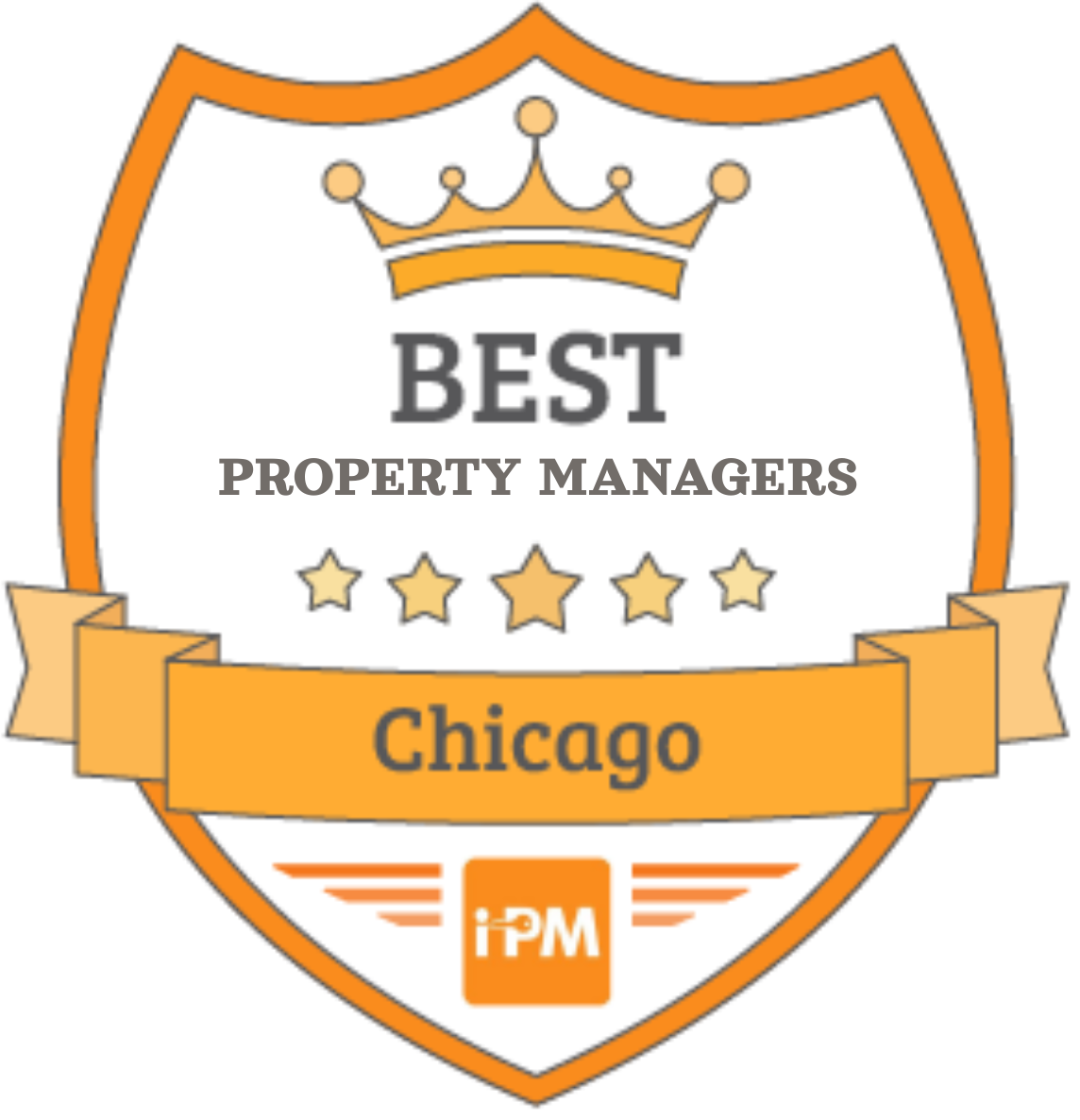
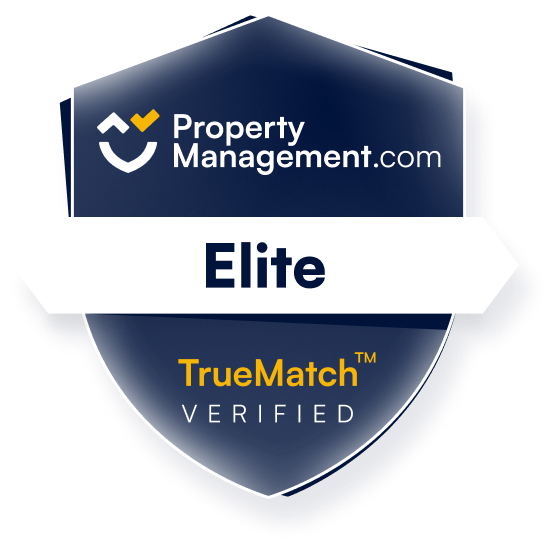
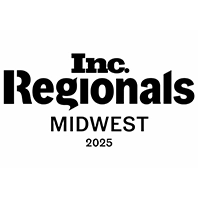
.png)

